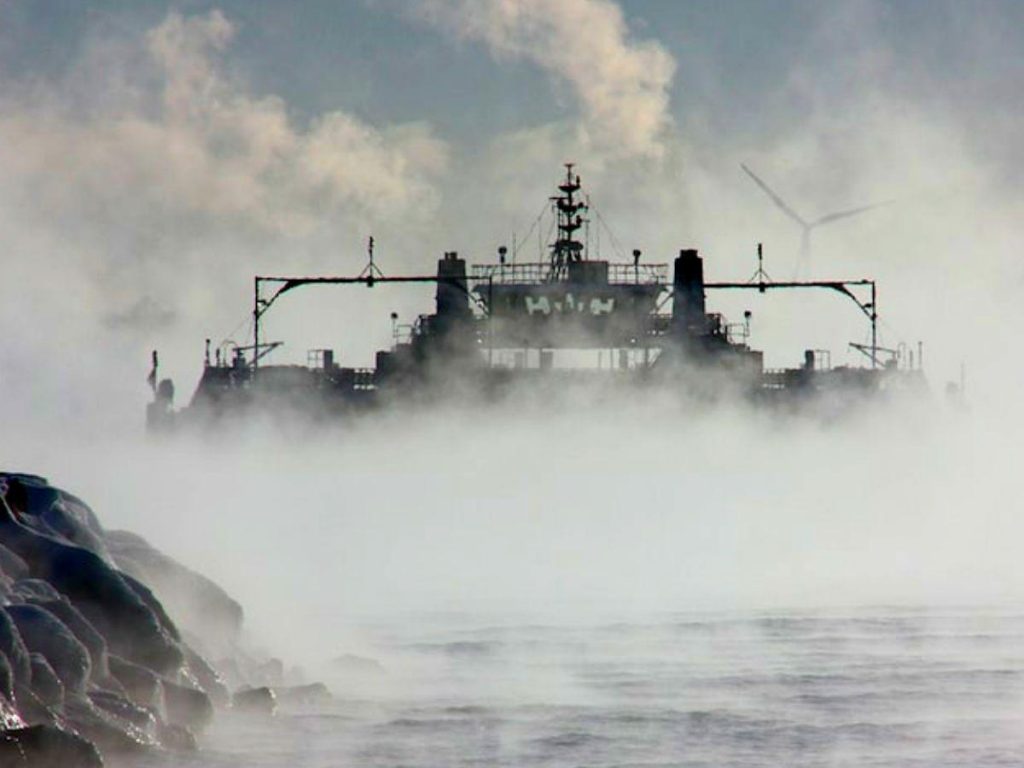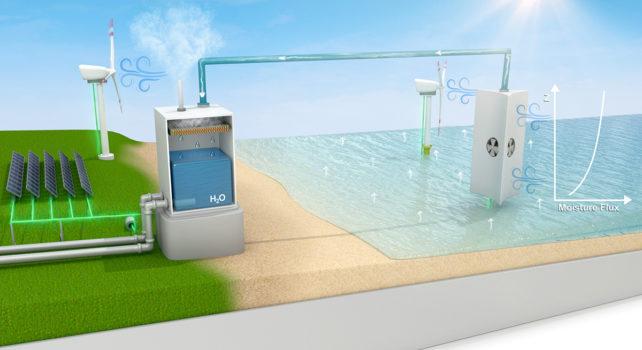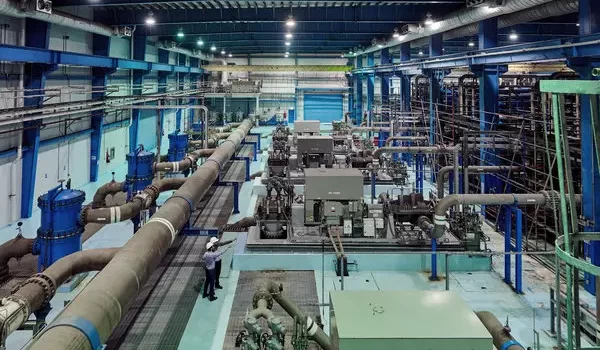Recycling and water regulation will only get us so far in meeting the rising demand. To meet our needs, scientists will need to discover new sources of this life-sustaining liquid. One currently unexplored source is the water vapor above the oceans, which has a virtually infinite supply.
According to studies, a nearly endless source of fresh water exists in the form of water vapor above Earth’s oceans but is now untapped. A recent study from the University of Illinois at Urbana-Champaign (UIUC) is the first to propose investing in new infrastructure capable of gathering oceanic water vapor as a solution to restricted freshwater resources in various parts of the world.

The study evaluated 14 water-stressed locations across the globe for the feasibility of a hypothetical structure capable of capturing water vapor from above the ocean and condensing it into fresh water—and doing so in a manner that will remain feasible in the face of continued climate change. The researchers said this study opens the door for novel infrastructure investments that can effectively address the increasing global scarcity of fresh water.
Kumar, graduate student Afeefa Rahman, and atmospheric sciences professor Francina Dominguez published their findings today (December 6) in the Nature journal Scientific Reports. The study was led by Praveen Kumar, professor of civil and environmental engineering and executive director of the Prairie Research Institute.

The study evaluated 14 water-stressed locations across the globe for the feasibility of a hypothetical structure capable of capturing water vapor from above the ocean and condensing it into fresh water—and doing so in a manner that will remain feasible in the face of continued climate change. The researchers said this study opens the door for novel infrastructure investments that can effectively address the increasing global scarcity of fresh water.
Kumar, graduate student Afeefa Rahman, and atmospheric sciences professor Francina Dominguez published their findings today (December 6) in the Nature journal Scientific Reports. The study was led by Praveen Kumar, professor of civil and environmental engineering and executive director of the Prairie Research Institute.


